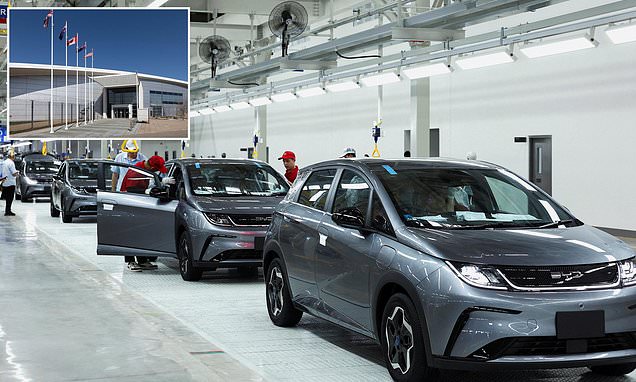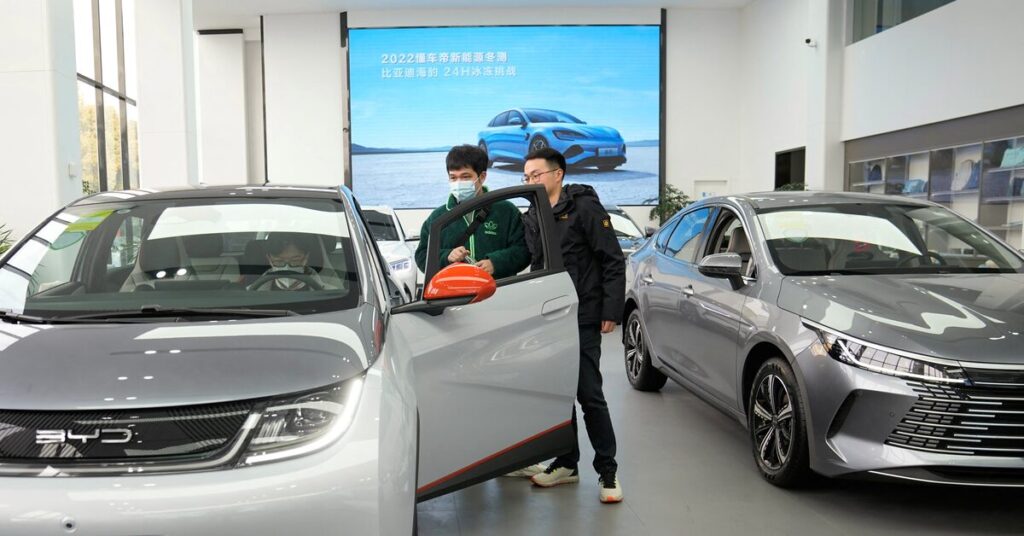A fresh trade dispute is brewing between Asia’s two largest economies. China has filed a formal complaint at the World Trade Organization (WTO) against India’s electric vehicle (EV) and battery subsidy programs, accusing New Delhi of providing “unfair support” to domestic manufacturers at the cost of Chinese companies.
According to a Reuters report, China’s Ministry of Commerce stated it would take “strong measures to safeguard the legitimate rights and interests of its domestic industries.” The move marks a significant escalation in trade tensions between the two countries — this time in the fast-growing clean mobility sector.
India Responds: ‘We’ll Review China’s Submission’
India’s Commerce Secretary Rajesh Agrawal confirmed that New Delhi has received Beijing’s complaint and will examine the details.
“They have sought consultations with India,” a senior official told the media, explaining that such talks are the first step under WTO’s dispute settlement framework.
If no agreement is reached during consultations, China could request the formation of a WTO dispute panel to adjudicate the matter — potentially opening a new front in the ongoing global trade battle over clean technology.
Interestingly, sources say China has filed similar complaints against Turkey, Canada, and the European Union, suggesting a broader push by Beijing to challenge foreign EV support programs that rival its dominant position in the electric vehicle supply chain.

India’s EV Push: One of the World’s Most Generous Subsidy Systems
India has emerged as one of the most aggressive EV-subsidy providers globally.
According to The Economic Times, the total direct and indirect incentives on models such as the Tata Nexon EV — India’s best-selling electric car — amount to nearly 46% of its retail price.
The benefits include:
●Lower GST compared to petrol and diesel vehicles,
●Road tax exemptions, and
●Incentives under the Production-Linked Incentive (PLI) scheme) for domestic manufacturing.
By comparison, EV subsidies stand at roughly 10% in China, 16% in South Korea, 20% in Germany, and 26% in the US and Japan.
However, despite these efforts, India’s EV penetration remains modest — only 2% of total vehicle sales, far behind other major economies.
Government Bets Big on Charging Infrastructure
To accelerate adoption, India recently launched the PM eDRIVE (Electric Drive Revolution in Innovative Vehicle Enhancement) scheme — the successor to FAME — with a Rs2,000 crore budget focused on building a nationwide fast-charging network.
Under the plan:
◆The government will fund 80% of the cost of public charging stations,
◆The support can rise to 100% under special cases, and
◆Subsidies will be released in three phases — 30% after tender approval, 40% post-installation, and the remaining 30% after successful commercial operation.
A Battle for the Future of Green Mobility
China’s WTO complaint comes as India strengthens its “Make in India” and “Atmanirbhar Bharat” (self-reliant India) policies, pushing for domestic production of EVs and batteries to reduce import dependency — particularly on China.
Analysts believe this case could shape the future of clean technology trade rules, influencing how nations balance climate goals with industrial competition.
If unresolved, the dispute could deepen the economic rift between India and China, already strained by border tensions and tech-related trade barriers.


